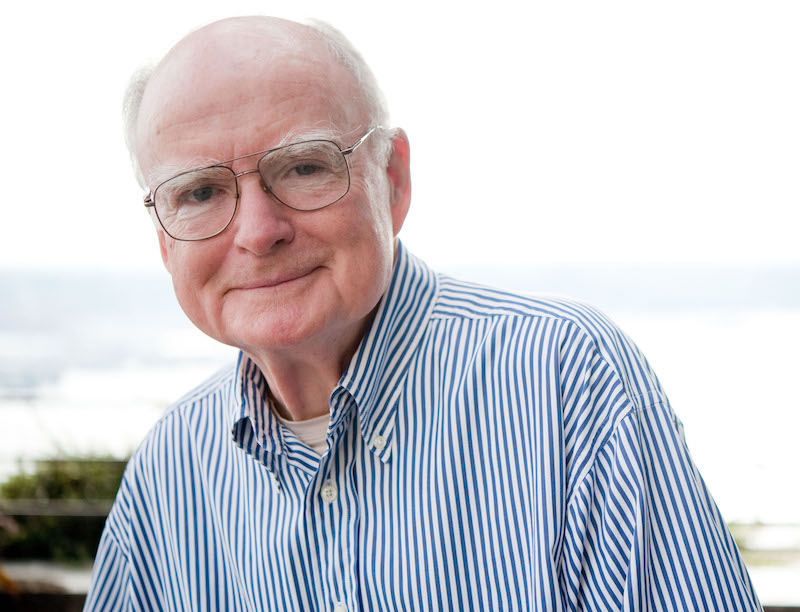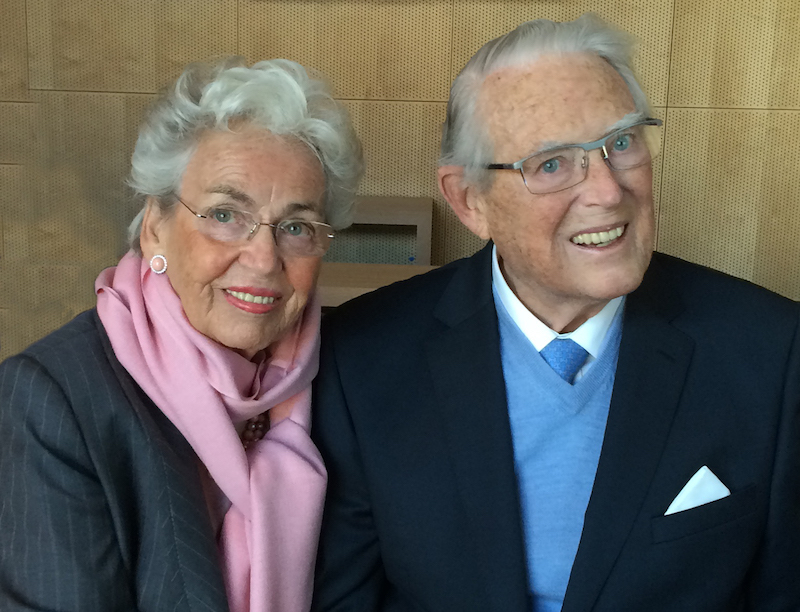William D. Ruckelshaus

William D. Ruckelshaus came to UW in 1993 at the invitation of U.S. Sen. Alan Simpson to serve as a founding
chairman on the board of a new institute dedicated to collaborative problem solving
for natural resource challenges. He was a proponent of bringing together diverse stakeholders—different
kinds of people who would be affected by any management or policy decision—to engage
in civil discourse about desired outcomes for natural resource challenges. The goal
was to build inclusive, lasting decisions that could avoid future litigation.
Ruckelshaus had served in several presidential appointments, including as the first
administrator of the Environmental Protection Agency (EPA) from 1970-73 under President
Richard Nixon, shaping that agency’s guiding principles. Under his leadership, the
EPA established a nationwide ban on DDT, a harmful pesticide that threatened birds
and other species, and a requirement for catalytic converters on automobiles that
greatly reduced pollution, among other projects.
He also served briefly as acting director of the FBI and as deputy attorney general,
before resigning to protest Nixon’s efforts to fire the Watergate special prosecutor
in 1973. From 1983-85, Ruckelshaus again administered the EPA, this time under President
Ronald Reagan.
Ruckelshaus served on the UW Institute of Environment and Natural Resources board
for nine years before becoming emeritus. In 1998, he received an honorary doctorate
from UW. In 2002, UW named the institute in his honor. In 2015 he received a Presidential
Medal of Freedom recognizing his efforts as “a dedicated public servant who has worked
tirelessly to protect public health and combat global challenges like climate change.”
He passed away at his home in Seattle on November 27, 2019.
Today, the UW Ruckelshaus Institute continues the work started by its namesake: supporting stakeholder-driven solutions
to environmental challenges by conducting and communicating relevant research and
promoting collaborative decision-making processes through training and facilitation.
|



